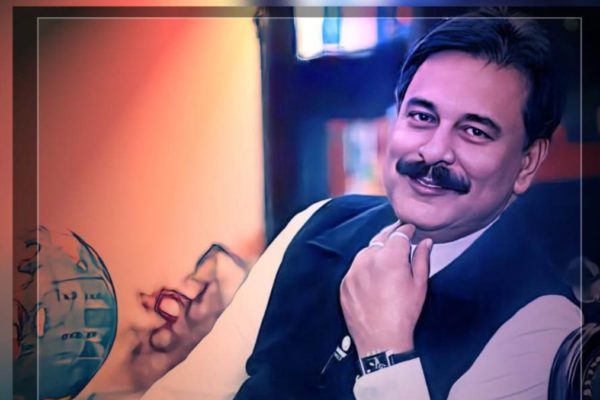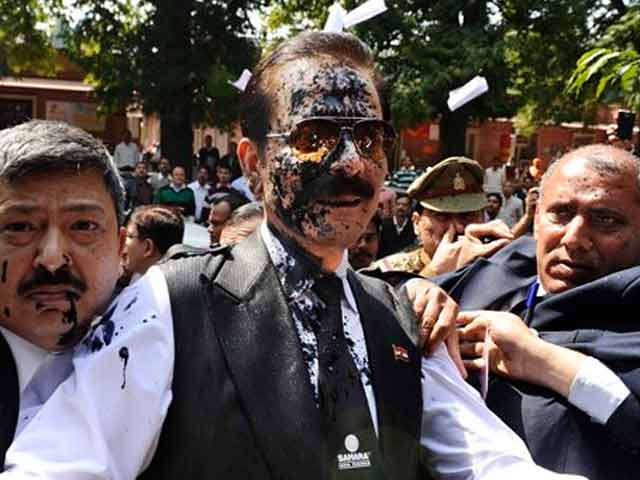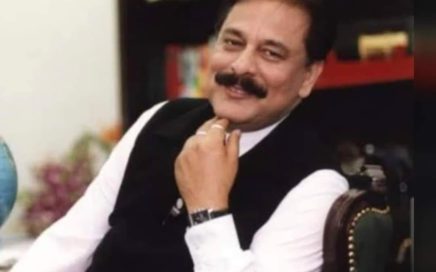
Subrata Roy, the founder and chairperson of the Sahara India Pariwar, died at the age of 75 in Mumbai on Tuesday after a prolonged illness. His death marks the end of an era for the Indian business landscape, where he was known for his vast empire that spanned various sectors including finance, media, entertainment, and real estate.
As the Sahara group mourns its leader, the business world reflects on the legacy of a man who started with just Rs 2,000 and built an empire that, at its zenith, was second only to the Indian government in terms of employment.
Born in Bihar’s Araria in 1948, Roy began his journey as businessman in 1976 with Sahara Finance, a chit fund company. He took over and revamped the company’s financial model in 1978, drawing inspiration from the older Peerless Group.
Under his leadership, Sahara India Pariwar grew into one of India’s largest conglomerates, employing around 1.2 million people and claiming to have more than 9 crore investors, which is about 13% of all households in the country.
Roy’s Sahara group became a household name with ambitious projects like Aamby Valley City and acquisitions such as the iconic Grosvenor House Hotel in London and the Plaza Hotel in New York City. The group also made significant strides in the media industry with ventures like Sahara TV, later renamed Sahara One, and the Hindi language newspaper Rashtriya Sahara.
However, Subrata Roy’s illustrious career was not without controversy. In what came to be known as the Sahara Scam, Roy faced allegations of fund mismanagement amounting to Rs 24,000 crore.
2011 SAHARA SCAM
The Securities and Exchange Board of India (SEBI) accused Sahara of raising funds through Optionally Fully Convertible Debentures (OFCDs) without proper approvals. This led to a directive from SEBI in 2011 for two Sahara companies to refund the money raised from investors.
The legal battle culminated in Roy’s arrest in March 2014, and he spent time in Tihar Jail before being released on parole in 2017. The scandal tarnished the reputation of the Sahara group and Roy, who once enjoyed a larger-than-life status, hosting lavish events and rubbing shoulders with celebrities and politicians.
 Despite the controversies, Roy’s impact on the Indian economy and his role in providing financial services to the unbanked segments of society was conspicuous. His humanitarian efforts included contributions to disaster relief during the Uttarakhand floods and support to the families of Kargil War martyrs.
Despite the controversies, Roy’s impact on the Indian economy and his role in providing financial services to the unbanked segments of society was conspicuous. His humanitarian efforts included contributions to disaster relief during the Uttarakhand floods and support to the families of Kargil War martyrs.
His life story remains a testament to the complexities of ambition, power, and the consequences of corporate governance in India’s evolving economic narrative.
















